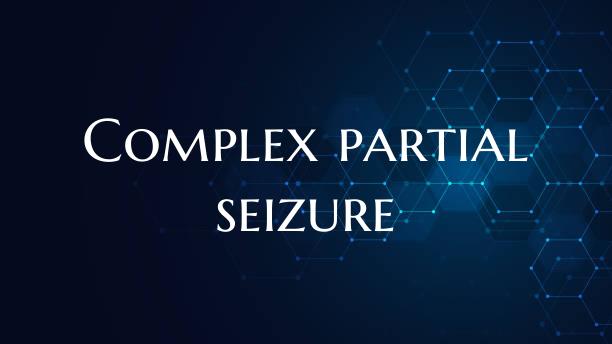
Complex partial seizure
Understanding Complex Partial Seizures: Causes, Symptoms, and Treatment
Complex partial seizures, also known as focal impaired awareness seizures, are a type of seizure that originates in a specific area of the brain, causing alterations in consciousness and behavior. This neurological condition can be complex and challenging to both the individual experiencing the seizures and their caregivers. Here is an overview of complex partial seizures, including their causes, symptoms, and treatment options.
Causes: Complex partial seizures can be caused by various factors, including brain injuries, brain infections, tumors, stroke, genetic factors, and structural abnormalities in the brain. In some cases, the exact cause of complex partial seizures may be unknown.
Symptoms: The symptoms of complex partial seizures can vary from person to person, but common signs may include:
1. Confusion: Individuals may appear confused or disoriented during a seizure and may not be responsive to their surroundings. 2. Automatisms: Repetitive movements such as lip smacking, chewing, or hand movements may occur involuntarily. 3. Loss of Awareness: The person may lose awareness of their surroundings, and their behavior may seem unusual or out of character. 4. Auras: Some individuals may experience a warning sign or sensation known as an aura before the seizure occurs.
Treatment: Treatment for complex partial seizures typically involves a combination of medication, lifestyle modifications, and in some cases, surgery. Antiepileptic drugs are commonly prescribed to help control seizure activity and reduce the frequency of episodes. It is essential for individuals with complex partial seizures to work closely with healthcare providers to find the most effective treatment plan for their specific condition.
In some cases, surgery may be recommended to remove the area of the brain responsible for triggering seizures. Lifestyle modifications, such as getting an adequate amount of sleep, reducing stress, and avoiding triggers, can also help manage complex partial seizures.
Final Thoughts: Living with complex partial seizures can be challenging, but with proper medical management and support, individuals can lead fulfilling lives. It is crucial for individuals with this condition to work closely with healthcare providers, neurologists, and support networks to address their unique needs and improve their quality of life. If you or someone you know is experiencing symptoms of complex partial seizures, it is essential to seek medical advice promptly for proper diagnosis and treatment.